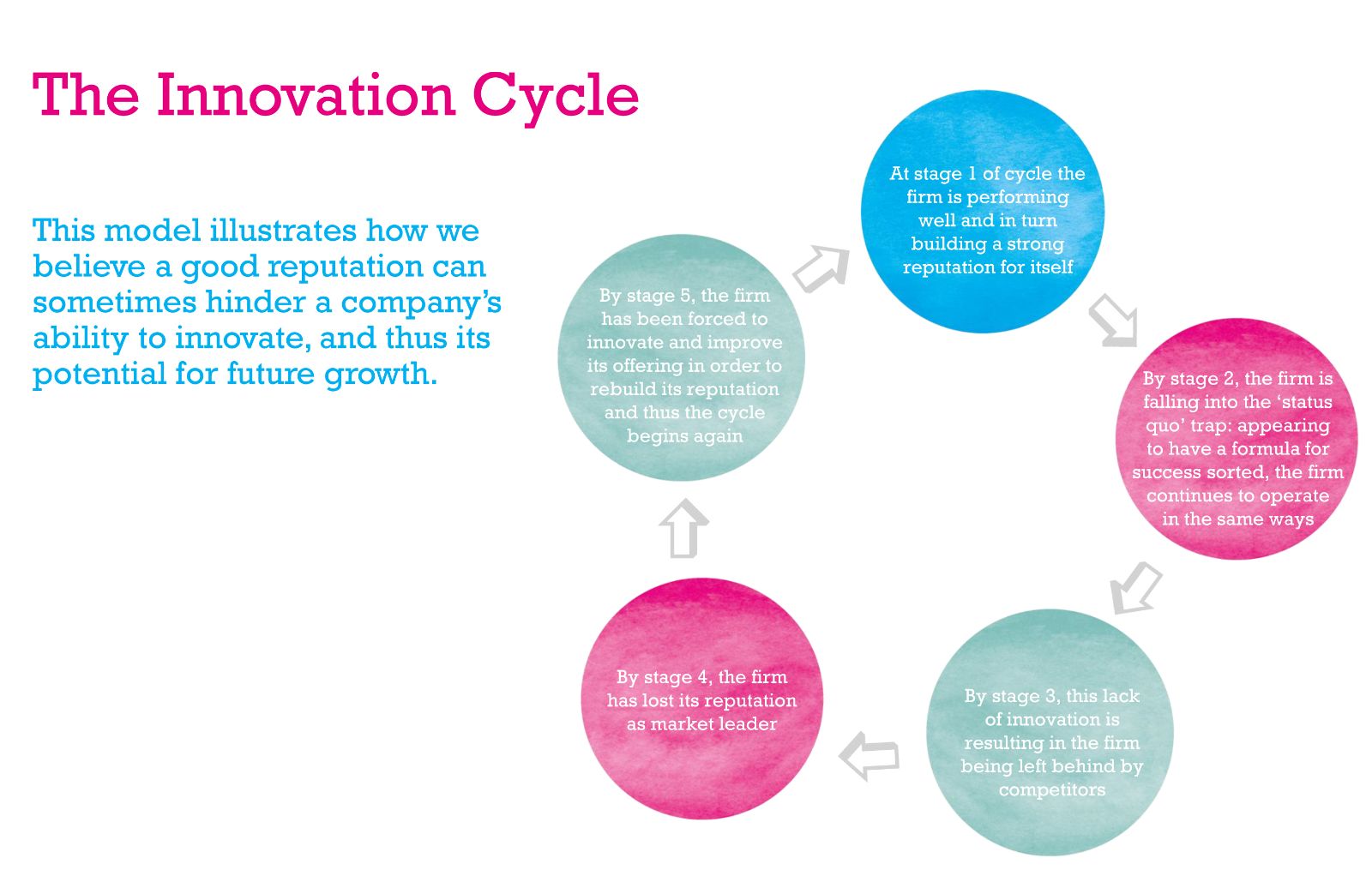Reputation is a big subject, there is so much discussion and debate about it – but it is not a topic that can be neatly packaged in order to provide brands with simple rules to follow to create solid reputations.
To help define what reputation is and pin down how it can be managed, the PRCA has recently launched a toolkit called The Economics of Reputation which is focused on answering five key questions.
These are:
1. What is reputation?
An easy question to ask, not so easy to answer. Many different definitions exist so there is demand to unite upon a commonly agreed definition. Zitah McMillan, director of communications and international at regulatory body the Financial Conduct Authority, says: “Reputation is one of those things that everyone struggles to define because it is almost a collection of intangibles: is it the things you can’t put on your balance sheet? Is it those things that you pride, but you cannot sell? For me it is about how people perceive you. What do people feel and think about you when you say your name? And that to a large extent dictates how they feel about your organisation.”
2. Why has reputation become a critical issue?
There is an explosion of interest in corporate reputation with one-off events and wider societal trends driving this attention. Sue Garrard, senior vice-president of communications and sustainable development at consumer-goods giant Unilever, says: “For me the world of reputation now is about you holding yourself as an organisation to account in a very visible way before other people hold you to account in a way that is not very healthy for you. There is no such thing as a local issue any more – you can have a crisis in India and it is around the world, literally in seconds. If you are not on the front foot, thinking about what matters to the external world, thinking about the fundamental requirements to have trust between an organisation and its publics, whoever they are, then you will end up in trouble.”

3. How is reputation created?
You need to understand this in order to build and manage a brand’s reputation. Sheila Mitchell, marketing director at executive agency Public Health England, says: “I think there are key ingredients in terms of getting staff and people to rally around the brand. Leadership, not just of the chief executive, but leadership across the wider management team, is paramount. You also have to be crystal clear about your corporate positioning. What is it you stand for? What is it you want to be known for, and by whom? Bringing that to life for all of your staff as well as all of your stakeholders is vital in terms of managing a positive reputation.”
4. How does reputation create value?
There is no argument that reputation does create value, the debate is about how it creates this value. George Pascoe-Watson, partner at agency Portland Communications, says: “Reputation is everything. You are nothing without reputation. Reputation matters because without reputation you are prey to legislative and regulatory threat – that’s a huge cost to the business.”
5. How can reputation be measured?
It is only recently that tools have been developed to measure reputation, but these are diverse and have not made measurement into an exact science. Nigel Gilbert, chief marketing and communications officer at TSB Bank, says: “I don’t think there is a single measure you can use, because I think it depends upon your own business, your own category and what it is that you are trying to convey about yourself, your brand and your company. There is no glib answer, it is a combination depending on who your stakeholders are, and on exactly what you are trying to achieve.”
Further information
To check out the toolkit, please click here. The Economics of Reputation study will be providing further collateral later this year, including research studies and a series of #ReputationMatters events
PR Masterclass: The Intersection of PR and GEO
Wednesday 25th February, both virtual and in person tickets are available.
PR MasterclassIf you enjoyed this article, sign up for free to our twice weekly editorial alert.
We have six email alerts in total - covering ESG, internal comms, PR jobs and events. Enter your email address below to find out more:





